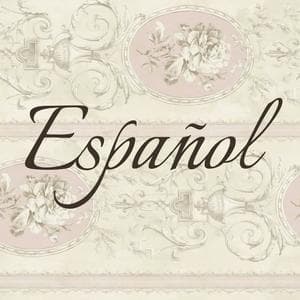Portuguese MBTI 성격 유형
인격
"Portuguese은 어떤 성격 유형입니까? Portuguese은 mbti의 ESTJ 성격 유형입니다. enneagram의 1w2 - so/sp - 152, big 5의 SCOEI, socionics의 LSI입니다."
Quem escolheu essa ilustração do Luís de Camões está de parabéns.
전기
Portuguese (português or, in full, língua portuguesa) is a Western Romance language originating in the Iberian Peninsula of Europe. It is the sole official language of Portugal and Brazil. Portuguese is part of the Ibero-Romance group that evolved from several dialects of Vulgar Latin in the medieval Kingdom of Galicia and the County of Portugal, and has kept some Celtic phonology and lexicon. With approximately 215 to 220 million native speakers and 270 million total speakers, Portuguese is usually listed as the sixth most natively spoken language in the world. It is also the third-most spoken European language in the world in terms of native speakers.








